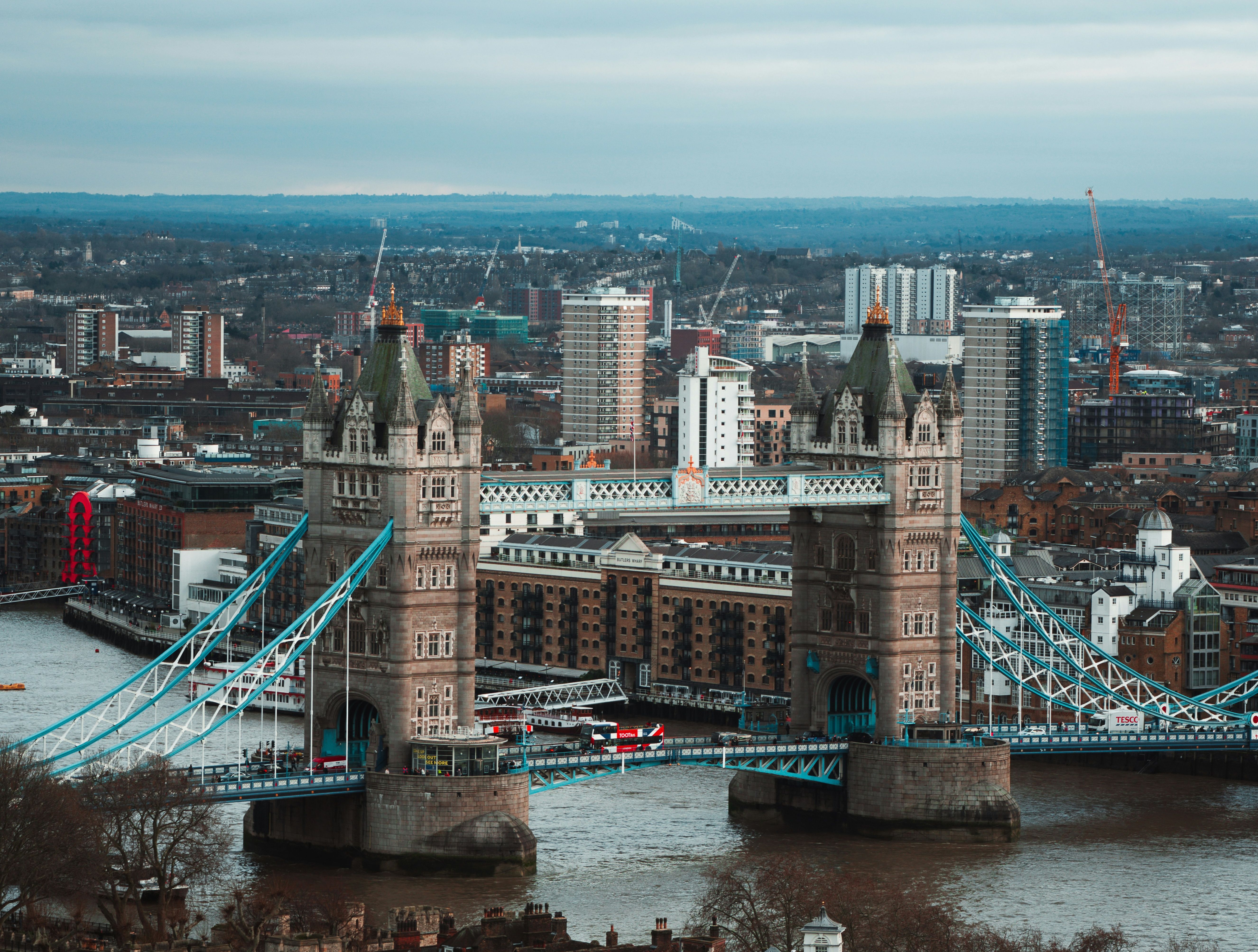[EUROPE] Clare Lombardelli, Deputy Governor of the Bank of England (BoE), has expressed concerns that the evolving global economic landscape, characterized by rising protectionism and trade tensions, could significantly dampen the United Kingdom's economic growth.
Global Trade Tensions Pose Risks
Lombardelli highlighted the potential adverse effects of U.S. President Donald Trump's trade tariffs on the global economy. The Financial Policy Committee (FPC) of the BoE noted that these tariffs contribute to increased uncertainty and could lead to severe financial shocks. The FPC emphasized that such trade measures undermine investor confidence and may trigger market corrections, challenging the financial stability of indebted companies and governments.
Inflationary Concerns Amid Trade Policies
Addressing the inflationary impact of the U.S. tariffs, Lombardelli stated that it is premature to assess their full effects on the UK economy. She emphasized that the broader inflationary impact will depend heavily on the responses of other countries to these tariffs and how those responses influence the UK economy. The BoE is closely monitoring these developments as it prepares for its upcoming interest rate decision scheduled for May 8.
Opportunities Amidst Global Challenges
Despite these challenges, there are opportunities for the UK to rejuvenate its economic growth. The UK's services-dominated economy, with 76% of GDP and 46% of exports stemming from services, is uniquely positioned to benefit from strategic trade negotiations. Securing agreements that offer mutual regulatory recognition, similar to the 2023 Switzerland-EU agreement, could significantly bolster Britain's financial sector. Such an approach would align with the U.S.'s goods-focused trade stance and could pave the way for favorable U.S.-UK trade discussions.
Call for Strategic Policy Shifts
Editorials have urged UK Prime Minister Sir Keir Starmer to adopt bold, strategic approaches in response to the shifting global order. Strengthening ties with the European Union and pursuing pragmatic reforms are seen as essential steps to navigate the challenges posed by protectionist policies and to stimulate economic growth. There is a call for a robust, interventionist industrial strategy, particularly in environmental initiatives and support for sectors struggling under heavy tariffs and the challenges of green transition.
The convergence of protectionist trade policies, global economic uncertainties, and domestic policy decisions presents both challenges and opportunities for the UK economy. Strategic navigation through these turbulent waters will require careful policy choices, international cooperation, and a focus on sectors where the UK holds competitive advantages.















